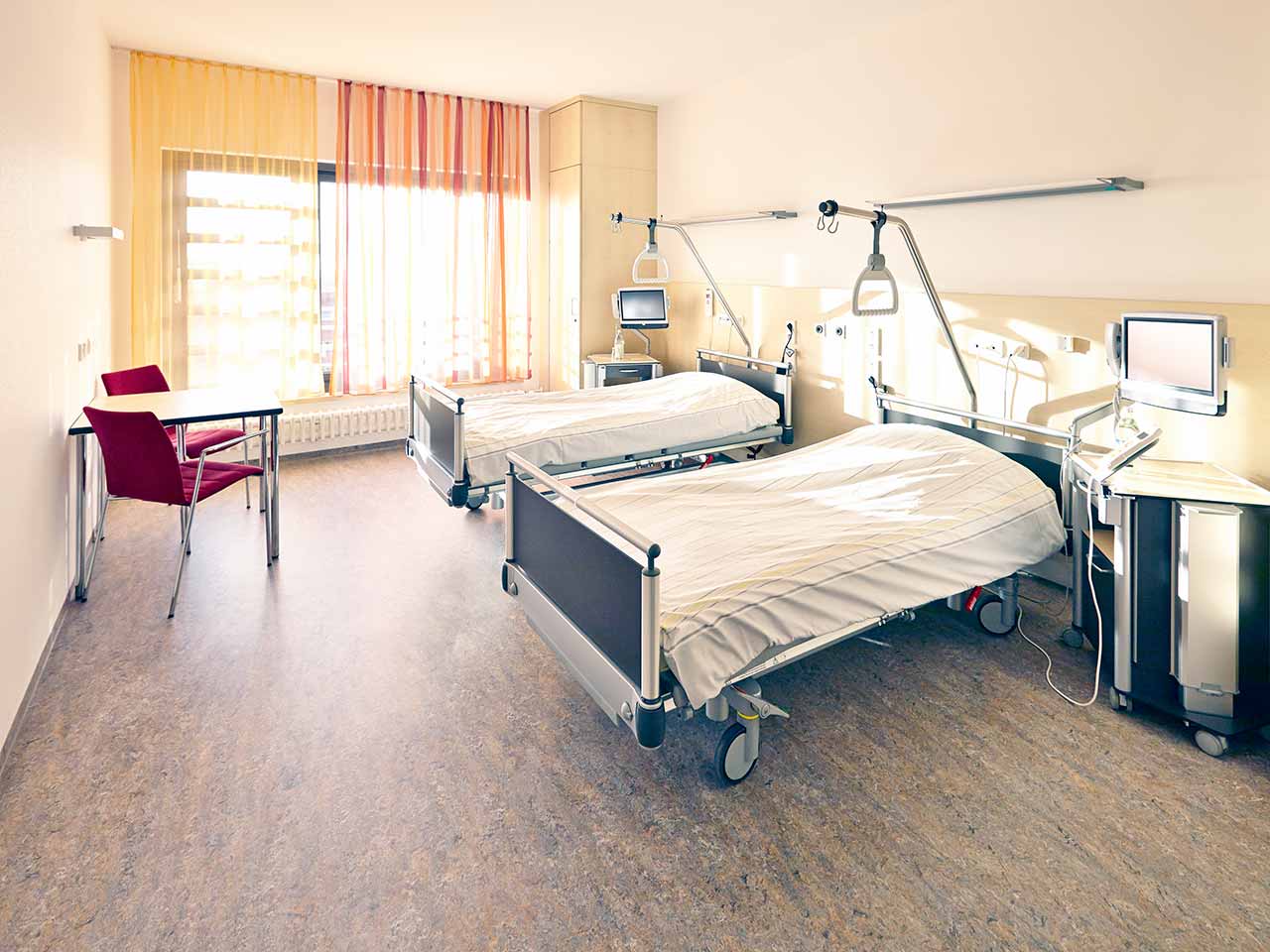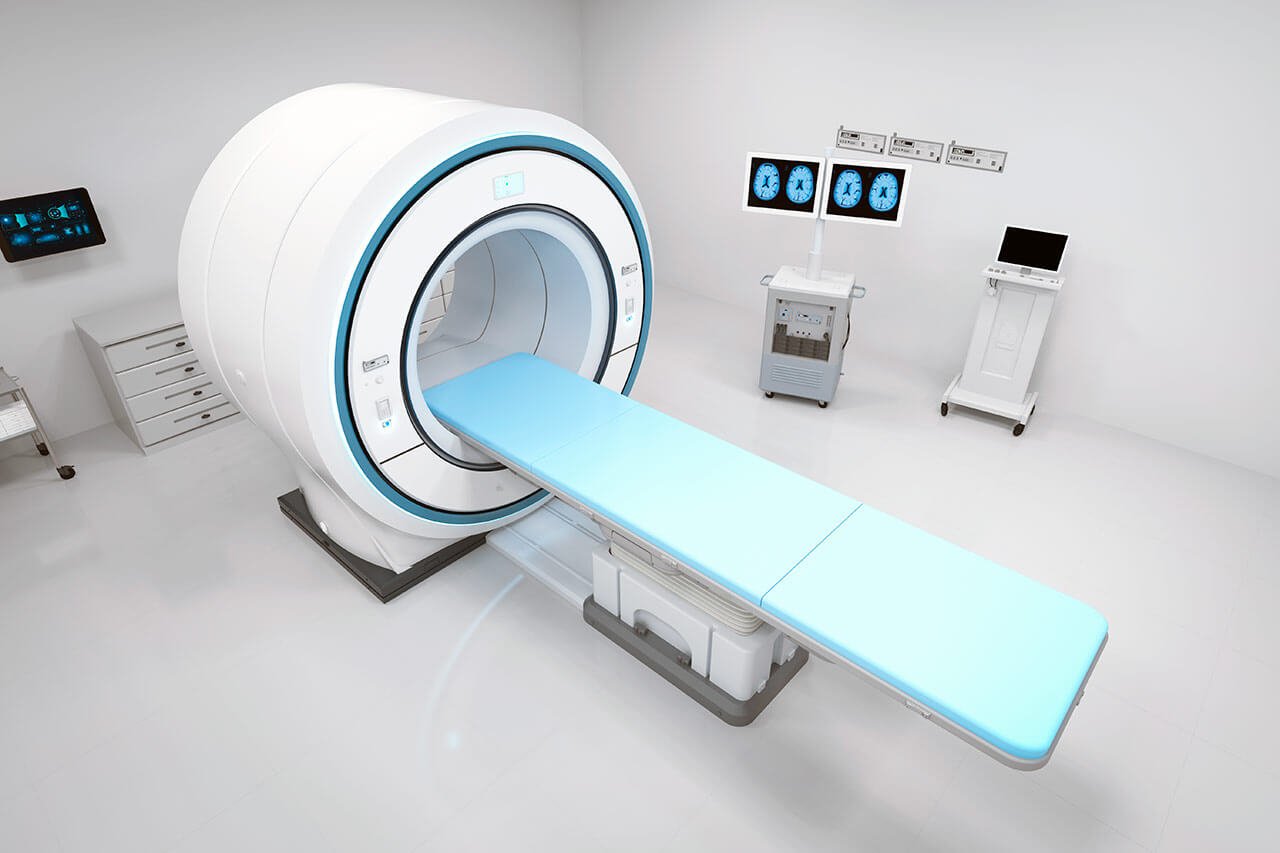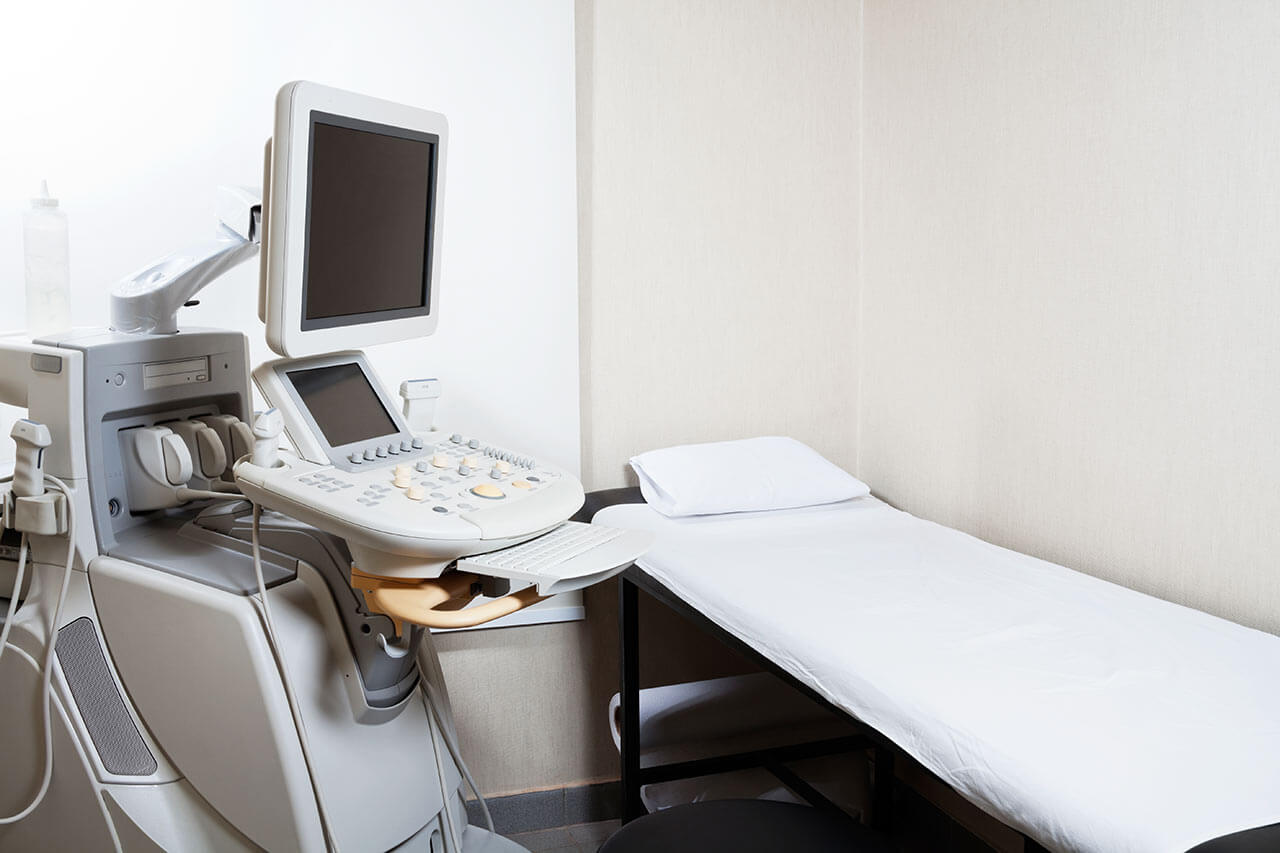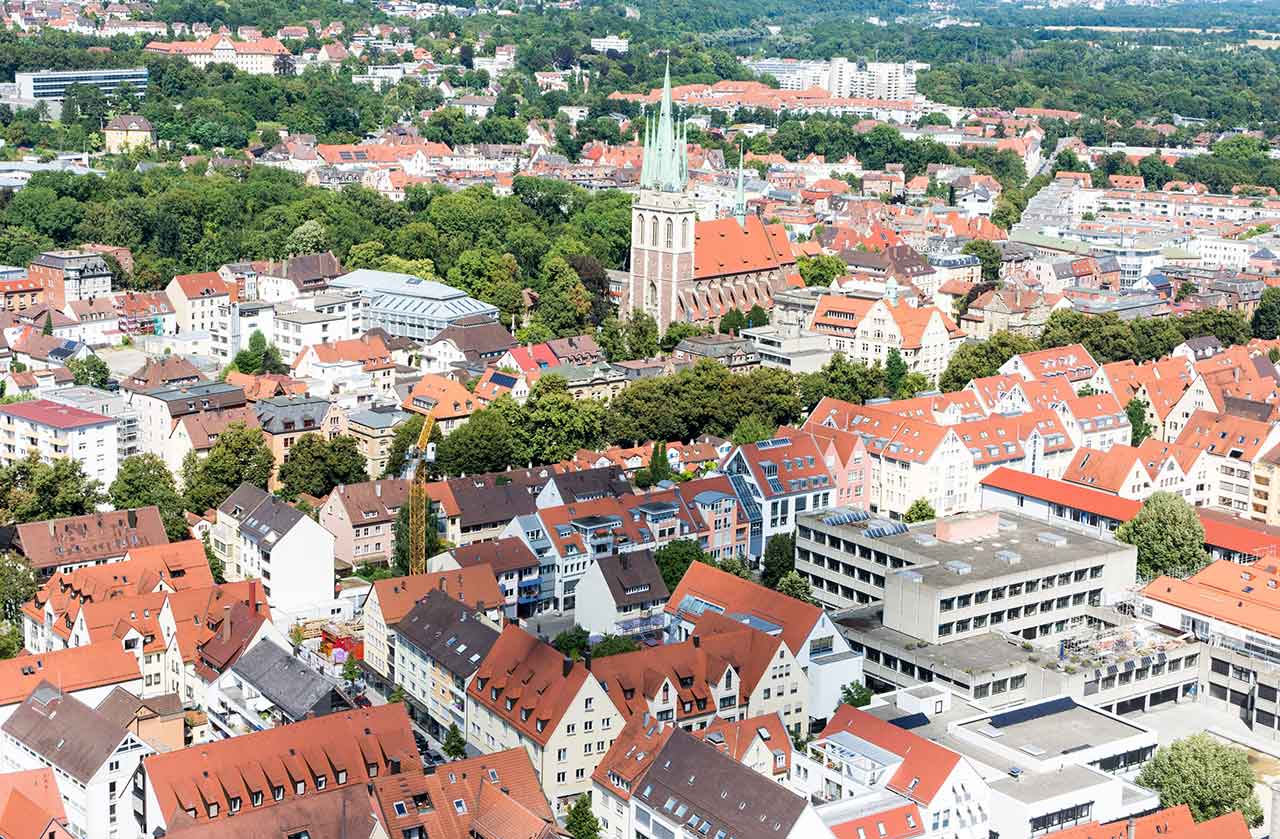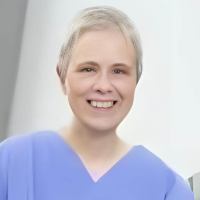
About the Department of Pediatric Nephrology at University Hospital Ulm
The Department of Pediatric Nephrology at the University Hospital Ulm offers the full range of preventive, diagnostic, and therapeutic services for young patients with kidney diseases of any severity. The medical team also specializes in the treatment of children with congenital diseases of the urinary system and bladder dysfunction. For this purpose, close collaboration is maintained with the specialists in pediatric radiology, nuclear medicine, pediatric surgery, and urology. Children are most often treated in the department with drug therapy. The medical facility also offers all modern forms of dialysis (renal replacement therapy) for children with kidney failure. The department provides peritoneal dialysis, hemodialysis, hemodiafiltration, plasmapheresis, membrane plasma separation, and immunoadsorption. In addition, the department has excellent diagnostic options. The doctors carry out ultrasound scans, kidney biopsy, scintigraphy, and magnetic resonance imaging of the kidneys. These diagnostic methods allow for the detection of the slightest pathological changes in the kidneys as quickly and safely as possible. The department's specialists get along well with children and strive to provide them with painless therapy. The Head Physician of the department is Dr. med. Ortraud Beringer.
The department regularly treats young patients with nephrotic syndrome, which causes many unpleasant symptoms. A child with nephrotic syndrome has massive edema, elevated protein levels in the urine, and low protein and albumin levels in the blood. Pathology can be primary or secondary. The primary form of nephrotic syndrome is congenital or occurs due to kidney disease, while the secondary one develops due to infectious diseases, diabetes mellitus, and other pathologies. The department's specialists carry out comprehensive diagnostics for suspected nephrotic syndrome, including blood tests, a urine culture test, and a kidney ultrasound scan. In some cases, genetic testing may be required. Should the diagnosis be confirmed, the attending physician will prescribe the optimal treatment regimen. As a rule, corticosteroids are prescribed for young patients. If clinically indicated, cytostatics may also be used. Doctors also provide symptomatic treatment. It is important to follow a diet with limited salt, excluding smoked meats, spices, and fatty or spicy foods. In addition, the department's specialists recommend drinking plenty of fluids. Treatment takes place on an inpatient basis under close medical supervision.
An integral part of the department's clinical practice is the treatment of glomerulonephritis in children. This disease affects the glomerulotubular system of the kidneys. Glomerulonephritis is accompanied by an increase in body temperature to 38°C and above, general weakness, malaise, poor appetite, nausea, vomiting, reddish discoloration of urine, swelling of the face and body, urinary disorders, and high blood pressure. If the child does not receive timely and qualified medical care, they are in danger of developing kidney failure. The diagnostics for suspected glomerulonephritis begin with a clinical examination, followed by laboratory tests (a complete blood count, a biochemical blood test, a urinalysis, and Nechiporenko and Zimnitsky urine tests), and a kidney ultrasound scan. In some cases, a kidney biopsy may be required to assess the severity of damage to the glomerulotubular system and determine the optimal drug therapy regimen. The treatment of glomerulonephritis involves a diet, adherence to fluid intake recommendations, bed rest, and symptomatic treatment with diuretics, cytostatics, corticosteroids, etc. Antihypertensive drugs may also be prescribed to normalize blood pressure.
The department's therapeutic options are complemented by the treatment of polycystic kidney disease in young patients. This pathology is hereditary. The condition is characterized by the appearance and gradual enlargement of cysts in the parenchyma of both kidneys. Polycystic kidney disease negatively affects organ function, although it may not manifest for a long time. Children with polycystic kidneys suffer from abdominal and lower back pain, high blood pressure, frequent urinary tract infections, and hematuria (blood in the urine). During the diagnostics, the department's doctors carefully study the child's family history, carry out laboratory tests, and conduct kidney ultrasound scans, scintigraphy, selective angiography, intravenous urography, and other tests. As for the treatment, symptomatic therapy comes to the fore. It is recommended to follow a diet with vitamin-rich foods, minimal consumption of salt, and a low-protein diet. Children suffering from the advanced stages of polycystic kidney disease may be indicated for hemodialysis.
The department's range of medical services includes the following:
- Diagnostics and treatment of nephrotic syndrome
- Diagnostics and treatment of glomerulonephritis
- Diagnostics and treatment of polycystic kidney disease
- Diagnostics and treatment of tubulopathy
- Diagnostics and treatment of lupus nephritis
- Diagnostics and treatment of renal hypoplasia
- Diagnostics and treatment of renal dysplasia
- Diagnostics and treatment of urinary tract malformations
- Diagnostics and treatment of hemolytic-uremic syndrome
- Diagnostics and treatment of urinary tract infections
- Diagnostics and treatment of bladder dysfunction
- Diagnostics and treatment of arterial hypertension due to kidney disease
- Diagnostics and treatment of chronic kidney failure
- Diagnostics and treatment of rare immunological diseases accompanied by kidney lesions
- Diagnostics and treatment of other kidney diseases in children and adolescents
The department's therapeutic options include:
- Drug therapy
- Dialysis
- Peritoneal dialysis
- Hemodialysis
- Hemodiafiltration
- Plasmapheresis
- Membrane plasma separation
- Immunoadsorption
- Preparation for kidney transplant surgery and postoperative care after transplant surgery
- Other medical services
Photo of the doctor: (c) Universitätsklinikum Ulm
